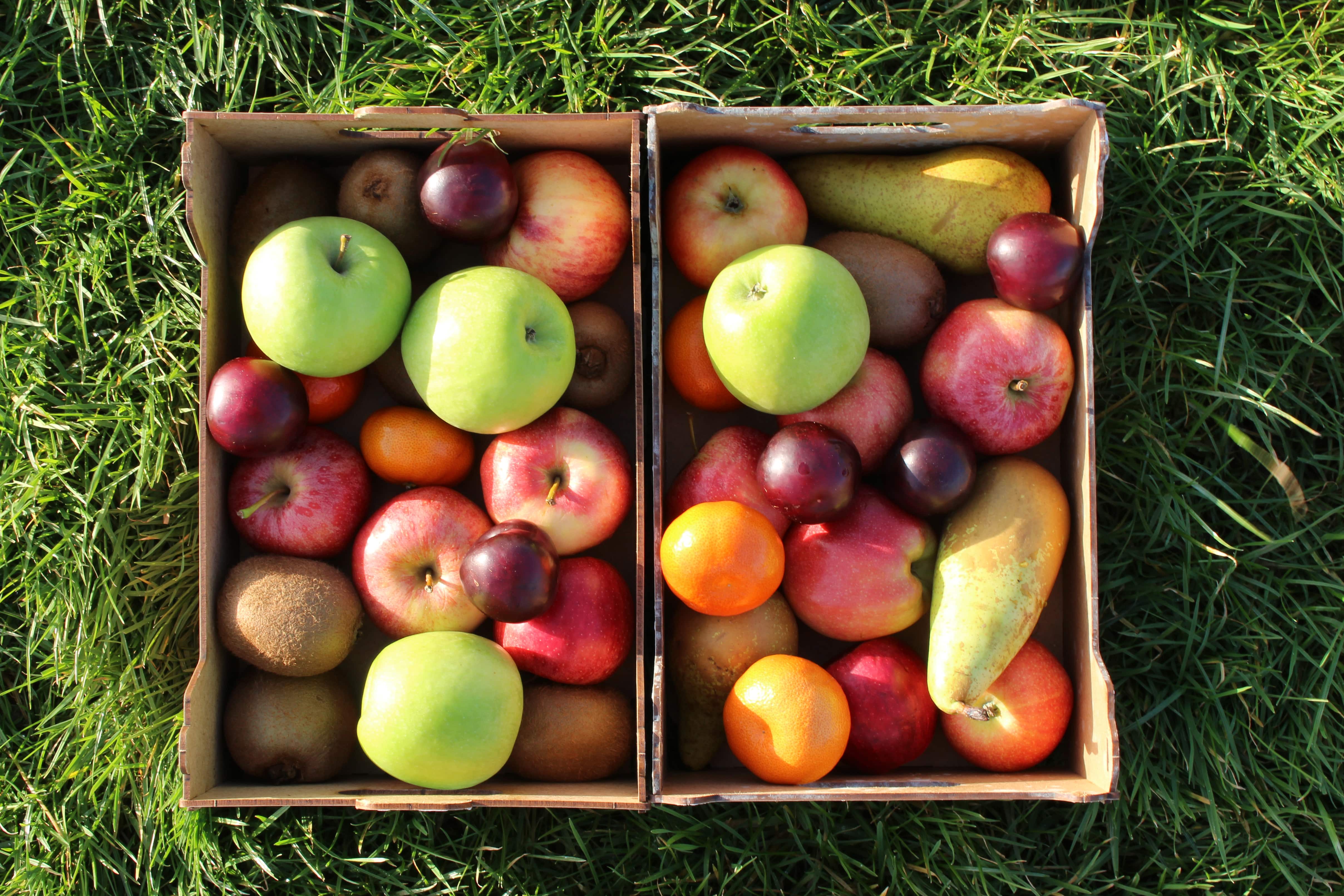
[dropcap]W[/dropcap]e are what we eat. Or so goes the popular adage. In no other circumstance is this more evident than in our drastic rates of non-communicable diseases (NCDs).
NCDs are defined as chronic illnesses caused by genetic, physiological, environmental and behaviours factors, such as diabetes, obesity and cardiovascular diseases. NCDs kill 40 million people globally each year and in Ireland alone, they account for 90 per cent of all national yearly deaths. But medical solutions are thriving in an area rapidly emerging as the next generation of scientific research; it is part of a wave of innovative new startups by young entrepreneurs who want to use the power of new technologies to transform the world.
That area is food tech.
Dublin-based enterprise Nuritas is making big advances in the field of genomics (the study of DNA) by uncovering masses of hidden food molecules that improve disease-fighting capabilities, called bioactive peptides.
Bioactive peptides are small proteins found in living organisms – from plants to humans – that provide a virtual barrier to harmful cells. In mammals they are generated in parts of the body most likely to be exposed to harsh conditions: the eyes, lungs and skin.
One of the many marvels of peptides is they can protect against a range of cardiovascular and other types of diseases.
Certain types, namely cationic and hydrophobic peptides, inhibit the virus from entering the organism by interacting with host cells. One particular example is mucroporin-M1, a cationic peptide found in scorpion venom, which has shown to defend against measles.
But as peptide research demands a delicate extraction of key components, it has proven to be a lengthy and painstaking procedure up to now. Nuritas plans to solve that with their new AI-powered platform.
Their method consists of outlining a list of desired health effects and running their query through a database of recorded everyday foods using a digital algorithm, which identifies the appropriate peptides for the requested function. After that they can extract the peptides at a more efficient and quicker rate.
In fact, the company claim they can identify bioactive peptides ten times faster and 500 times more accurately than traditional methods.
“A lot of it used to be done through what was called random screening,” says CEO Emmet Browne. “Effectively if you want to imagine it, it was like looking at a door. People knew they wanted to treat an illness but they were shown only glints of molecules that exist within a door without anybody opening it.”
“Through random screening you’re just sorting key after key after key, hoping that they’re the right shape to enter the lock and open it. Occasionally – very, very, very occasionally – you had a 0.1 percent chance of actually finding a key that went into a door and opened it,” he says.
“What we’re able to do it use artificial intelligence to look much deeper at the door itself – in this case the illness we’re looking to treat – and then with the information that’s correlated back are able to return and identify and eliminate countless others so we actually increase the prediction rate.”
Their research is a meld of science and tech that plans to revolutionise both the food and health industries on a global scale. The company has received funding from a variety of investors who recognise the potential for its revolutionary platform – among them U2’s Bono and The Edge.
In December, Nuritas announced the close of its final stage funding round after raising €16 million towards their research, bringing their total fundraising value up to €25 million.
One of the company’s key focus areas is diabetes. With nearly half a billion people suffering from the disease worldwide and a global shortage of medicinal supply, there is a vast demand for efficient treatments.
The company plans to achieve it by collaborating with health professionals and pharmaceutical experts to develop natural medicines capable of reducing the risk of the disease.
But it isn’t their only agenda. Peptides possess key antimicrobial properties that fend against fungus and other types of bacteria that infect food. This prompts a huge demand for them within the agriculture industry, as they can be used as efficient substitutes for chemical food preservatives.
In Nuritas’s case, the company wants to cast their net as wide as possible in order to push their research to its full potential.
“What really interests me and a number of external individuals about Nuritas is that it’s not just about one-shot-on-goal, but that there are so many industries and so many peptides to work with,” Browne says.
This year the company is set to launch an anti-inflammatory sports supplement in the US, which the company’s founder, Dr Nora Khaldi, says will be the first ever healthcare ingredient fully sourced with artificial intelligence.
Times for the company look exciting ahead. As technology expands the possibilities of DNA research, Nuritas is fully embracing change with their pioneering digital platform. AI is benchmarking a new era of science; as far as the company is concerned, we will all reap the benefits.



